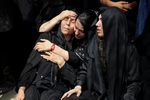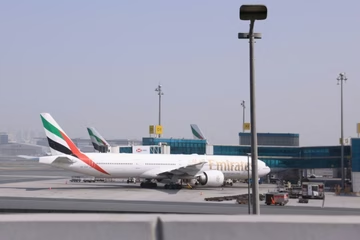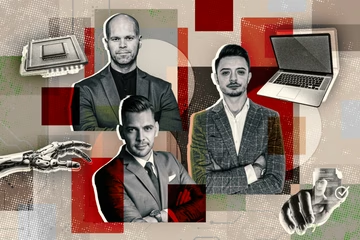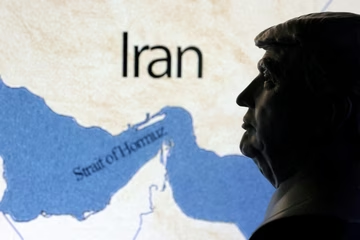Strik: We must deal with Dodik's behavior seriously
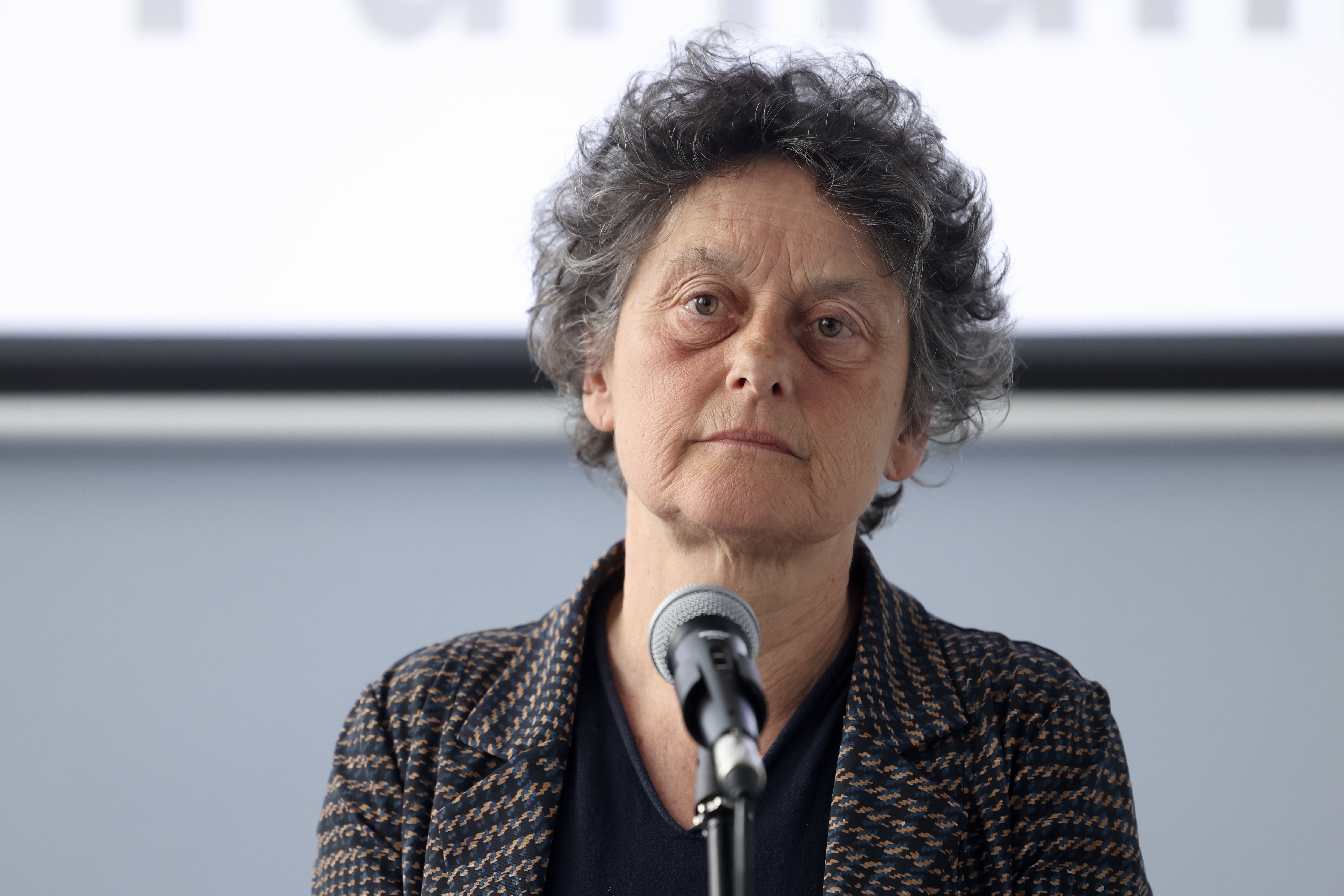
A member of the European Parliament, Tineke Strik, is visiting Bosnia and Herzegovina with a message that she supports the opening of accession negotiations between Bosnia and the EU, but she also recalled the obligations that the country undertook in the 14 key priorities on that path.
Oglas
“This is my fourth visit. I welcome the European Council's decision, but now is the time to start using a merit-based approach," Strik was clear.
She recalled that the decision from Brussels was more the result of geopolitical conditions than the merits made by Bosnia.
"The real work is coming now," she said.
The MEP detected deep problems in BiH which, she said, must be overcome.
"I will convince the European Commission that BiH must fulfil its priorities and that its progress should be evaluated accordingly," he adds.
Strike pointed to two key problems - pervasive corruption, because of which citizens "suffer a lot". The second is democratization, because since the Dayton Peace Agreement, Bosnia and Herzegovina still has to enable all citizens to run in elections. The cause of everything is ethnic identification, she warned, which provides for blockades in the Council of Ministers and the Parliamentary.
She supported the decisions of the Office of the High Representative (OHR), to enable a free election in the light of the upcoming elections.
The Republika Srpska is going in the opposite direction, she stated, with its Draft RS Election Law. The MEP specifically referred to the disputed statements of RS President Milorad Dodik, which is why she concluded the following:
"We must not consider such behaviour normal and we must deal with it seriously."
Kakvo je tvoje mišljenje o ovome?
Učestvuj u diskusiji ili pročitaj komentare
Oglas
Kakvo je tvoje mišljenje o ovome?
Učestvuj u diskusiji ili pročitaj komentare
Oglas
NAJČITANIJE
Oglas
Oglas
Najnovije
Oglas
Oglas





 Srbija
Srbija
 Hrvatska
Hrvatska
 Slovenija
Slovenija








